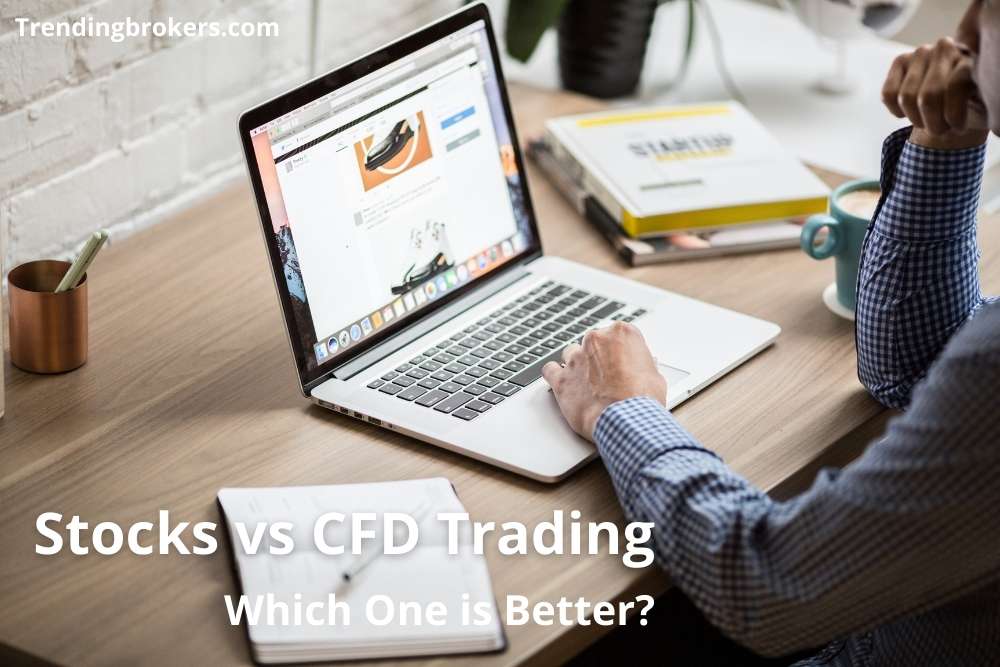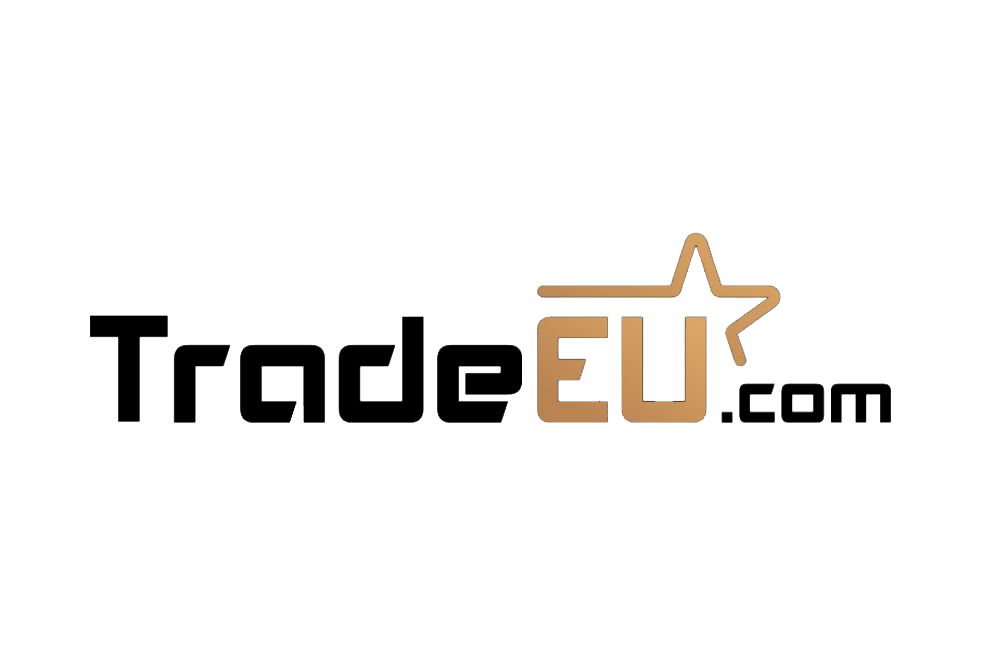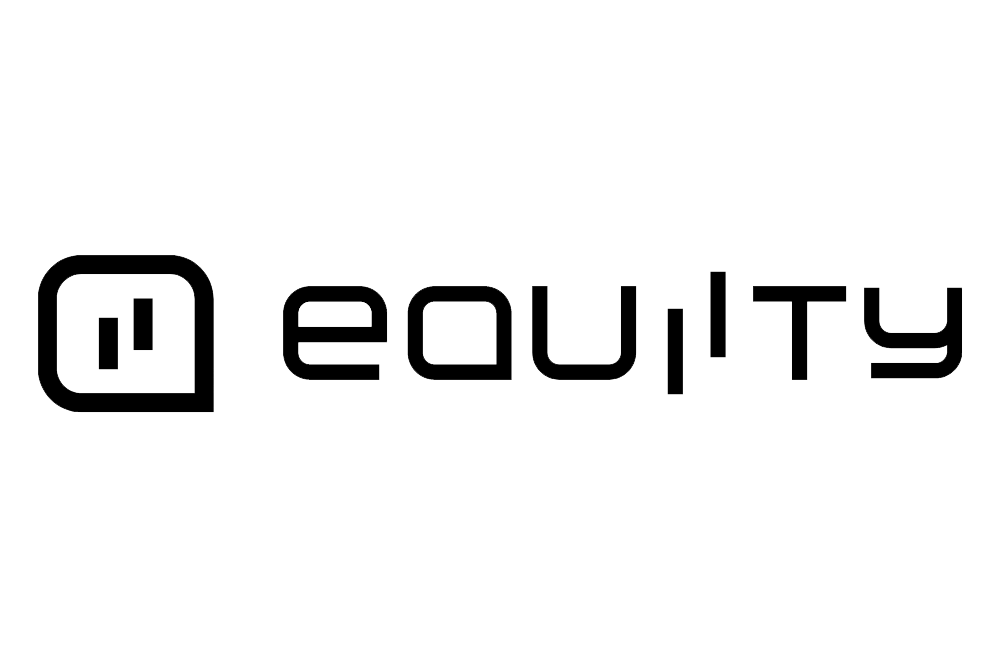The fundamental distinction between Stocks vs CFD trading is that when we trade a CFD, we are speculating on a market’s price without owning the underlying asset. In contrast, you must own the underlying equities when you trade shares.
CFDs are traded on leverage, which means you only need to put up a fraction of the entire deal value – the ‘margin’ – to receive total exposure. As a result, profits will be amplified, but losses will outweigh deposits. When trading shares, on the other hand, you must pay the total cost of your position upfront to avoid losing more money than you invested.
Stocks vs CFD are strategies to profit from price swings in financial markets, and both can be included in your portfolio. Examine the significant points below to learn about the differences between stocks vs CFD and determine the best for you.
Stocks vs CFD Trading- What Should I Trade?
Whether an equity trader chooses to trade CFDs, stocks, or a combination of the two is determined by their goals and personal circumstances. We will discuss the differences in this article and perhaps help you determine which is best for your trading.
What do you have in your possession?
The distinction between stocks vs cfd is that when you buy equities, such as stock in a corporation, you own them until you sell them. There is no element of ownership with CFDs. Instead, you have a contract with a broker.
The associated spectrum of shareholder perks and rewards is the advantage of ownership. Voting rights, or the ability to attend shareholder meetings. The payment of dividends is another advantage of stock ownership.
If you buy CFDs on firm shares, there’s a good chance you’ll get a dividend if you buy them when dividends are paid out to shareholders. However, the terms of dividend, such as the amount paid out, will differ from those of a stockholder’s dividend.
Difference between Stocks vs CFD
Leverage and ownership are the main differences between a CFD and Stocks. When you acquire a stock, you become the owner of the stock. Investing in stocks entails acquiring a modest stake in a firm you invested in. You pay the whole amount for each share of stock when you buy it.
CFD is an acronym for contract for difference. You can speculate on security prices without owning the underlying asset by trading CFDs online. A stock, currency, commodity, or cryptocurrency can all be used to back up a CFD. In addition, CFDs are leveraged, which means you can enter a trade with a smaller initial investment.
Comparison between Stocks vs CFD
Ownership: In Stock, Trading traders get ownership, while this doesn’t happen in CFDs
Leverages: CFDs can be traded with leverages, but Stocks not.
Long or Short Term: Both tradings can continue for the short term and the long term.
Trading Markets Range: CFD trading has multiple markets while Stocks trading has equities and ETFs Markets.
Trading Cost: Holding cost is charged for CFD trading, and the commission is charged for Stock trading.
Trading Hours: CFD Trading continues for 24hrs, five days a week, while Stock trading continues during stock exchange opening hours.
Voting Rights: CFD Traders do have not any voting rights, while Stock traders have voting rights
Advantages of Stocks vs CFD
Leverages: Leverage allows you to invest in greater positions with a lesser quantity of money. As a result, the trader is exposed to more risk and potential gain.
Go Short or Long: To go long on a stock CFD, press the buy button, and to go short, press the sell button; the method is identical.
Good market Lots: CFD trading is available on most main asset classes, including equities, foreign stocks, forex, commodities, indices, and so on.
Trading Hours: CFD trading is usually available 24 hours a day, allowing foreign traders to participate. The majority of stock CFDs are only traded during stock exchange hours.
Disadvantages of Stocks vs CFD
- The risk of losing money is higher.
- Leverage investing is intricate, and it can be challenging for a novice to understand.
- Stocks Trading is only possible when the stock exchanges are open.
- Short-term investments are not recommended.
Stocks vs CFD trading- Which One is Cheaper?
What are the expenses associated with trading CFDs? The cost of trading CFDs includes the spread, an overnight funding charge, and occasionally a commission. Sometimes a commission is included in stock trading, but there is never an overnight funding charge.
In recent years, commission-free trading has brought the cost of trading stocks closer to the price of trading stocks vs CFD. The expected holding duration for the trade is the most significant cost consideration.
Is Trading CFDs Riskier than trading Stocks?
Price movements in the market you are trading represent a bigger percentage of the margin you have deposited than if you paid the total amount as leverage increases your risk.
If you put down 10% collateral for an equities trade, for example, the share price only has to decrease 10% for you to lose your entire deposit. More money can always be contributed to pay margin calls, giving you some flexibility if you spend it wisely. In some cases, the losses on a deal can surpass the amount put for margin, exposing the trader to further risk.
Capitalization of the Investment
When stock investors’ investment pot is depleted, they cannot make new purchases without selling their present holdings.
On the other hand, a CFD investor has the option of paying a percentage of the stock price and borrowing the rest from their broker, known as Leverage trading.
Long-Term or Short-Term Trading of CFDs and Stocks
CFDs are popular for day trading and short-term trading techniques due to the ease with which you may go long and short, as well as the leverage and overnight holding expenses. However, stock trading is preferable for long-term investment due to the one-time expense of commission.
To hedge stocks Position, Use CFDs
Hedging is one of the most common reasons for a trader to perform both stock and CFD trading. This is generally used when an investor wishes to keep a long position in his stock portfolio open while also reducing short-term risk by selling a stock CFD. In addition, because the CFD has a minor margin requirement, it is a more economical hedge than shorting the stock.
What can You Invest in Stocks vs CFD?
You can only buy business shares or exchange-traded funds to invest in equities (ETFs). An exchange-traded fund (ETF) is a group of securities traded on a stock exchange.
On the other hand, CFDs can be used to trade a wide range of instruments, including stocks, foreign exchange (forex), indices, cryptocurrency, commodities, and bonds.
Cash Settlement Timeline
If you sell your stocks, you should expect to wait at least a few days to get your cash settlement.
However, you will compensated right away when you sell your CFD or expire. The rapidity with which you can reinvest or take your money as income is one of the advantages of an immediate cash settlement.
Investment Length- Stocks vs CFD Trading
Your option to invest for a short period of time (hours or days) or for a longer period of time (weeks or even years) will influence your stock or CFD selection.
CFDs can be used for both short and long-term investments, but they’re best for the short term because many of the investment products they trade, such as cryptocurrencies and forex, are vulnerable to quick price changes.
On the other hand, Stock trading is not ideal for short-term investments since it relies on a buy-and-hold strategy and restrictions associated with actual stock ownership that may hinder a speedy sale.
Tax Obligations
In terms of taxation, CFDs and Stocks are different in nature. Stocks are an asset because of the lack of ownership, whereas CFDs are simply an agreement. Regardless, both are subject to taxation.
- Tax Liability on Stocks: Stocks are taxable in different terms
- Capital Gains Tax
- Dividend Tax
- Stamp Duty
If the profit you make from selling stocks exceeds the capital gains tax-free allowance, which is £12,300 in 2021/22, you must pay capital gains tax on the percentage of your profit that exceeds the budget.
However, the rate of income tax you would typically pay can make calculating the amount you pay more difficult.
The amount you pay as a basic rate income taxpayer is determined by your income, your income tax allowance, and the profit you generated from the sale of your stocks.
- Tax Liability on CFDs: CFDs are taxed similarly to stocks, with the exception of stamp duty. Stamp duty is not applicable because the CFD is not an asset, and no transfer of ownership has occurred. Capital gains tax and, where applicable, dividend tax apply to CFDs.
Conclusion
Stocks vs CFD, both are legitimate trading choices that, when handled appropriately, can result in significant returns. However, your decision will be based on your circumstances, trading experience, and what you hope to achieve in the short or long run. Choose a trustable platform like ABInvesting for trading from where you can earn good returns.
FAQs
- Is it wise to invest in CFDs?
CFDs are likely to be successful long-term investment due to their high volatility. CFDs are suitable for experienced traders who want to trade for a limited period of time.Stocks are likely to be a better alternative if you’re searching for a long-term investment strategy.
- What makes CFDs riskier than stocks?
Because CFD allows a trader to exchange the difference in security value between the contract’s open and closure times, traders can use CFDs to trade more expensive assets by using leverage.
- Is it true that CFDs pay dividends?
It is dependent on the CFD type. If you buy a CFD on shares on the day before the ex-dividend date, you will receive dividends. Unless the stock price decreases by a similar amount to the expected reward on the ex-dividend date, you will get an equivalent dividend amount for each share you have exposure to on the dividend date. Index futures and CFDs on indices do not pay dividends.
- Does a CFD have an impact on the price of a stock?
A contract for the difference between a stock’s opening and closing price is known as a CFD. The CFD does not affect the share price because the trader does not obtain ownership of the asset or share when trading CFDs.
- Is CFD trading suitable for beginners?
CFD trading is popular among experienced traders, but it can also be an excellent option for novice traders.


